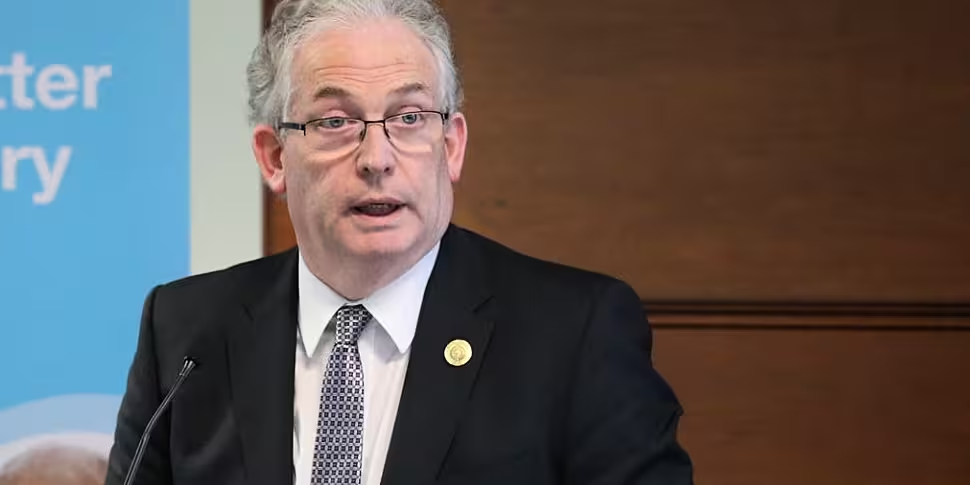A former head of the HSE says Cabinet ministers speaking to journalists anonymously to distance themselves from Government decisions on the COVID-19 crisis is a 'pretty poor way to do business'.
There have been media reports of divisions between the National Public Health Emergency Team (NPHET) and some Government ministers over the best way to ease coronavirus restrictions.
However, both Government Ministers and Chief Medical Officer Dr Tony Holohan have publicly denied any tension - saying any debates and questions have been 'reasonable and sensible'.
"I haven't come across any tension" Dr Holohan denies that there is any friction with minsters over #COVID19 restrictions. pic.twitter.com/z2VYUaAFG1
— NewstalkFM (@NewstalkFM) May 5, 2020
Tony O'Brien, former director of the HSE and now a columnist with The Business Post, spoke to Newstalk Breakfast about the reports of some ministers anonymously voicing their opposition to the measures.
Mr O'Brien said: "We have a situation where NPHET gave its advice... last Friday the Government accepted that advice, leading to the Taoiseach's speech and the publication of this roadmap.
"At the same time, some people who were present... seem to have gone off to journalists and told a different story. That's really not the way business should be done.
"It has two effects. One, it creates a degree of tension which might not have actually manifested in the room around the recommendations... and the other is it tends to undermine the work of NPHET".
Mr O'Brien said NPHET is one of the country's "key assets" at the moment, and has been "extremely active and diligent" during the coronavirus crisis.
He explained that it's "the job of the advisors to advise and the Government to decide", and in this case the Government accepted the advice given to them.
However, he suggested that if ministers are going to raise concerns they "should at least do it to people's face in the room".
He said: "Some - one, maybe two people, who knows - have decided to go off and try to distance themselves from a decision they're fully part of.
"It's not an appropriate way for anyone who was in that Government room to behave, given we quite a distance to go.
"The last thing we need is some smartarse politician seeking to distance themselves from decisions they've been fully part of."
Mr O'Brien said it's important to ask why a different story is being given to journalists.
He observed: "Is it so at some later date certain individuals can disassociate themselves from these decisions, or is an attempt to shape and intimidate the NPHET into perhaps giving some different advice in the future? Either way, it's a pretty poor way to do business.
"Have these discussions in the room, challenge the advice if you wish to... once you have signed off on it, why on Earth go to journalists and seek to distance yourself from it? That has to be do with some other unspoken, parallel agenda."









